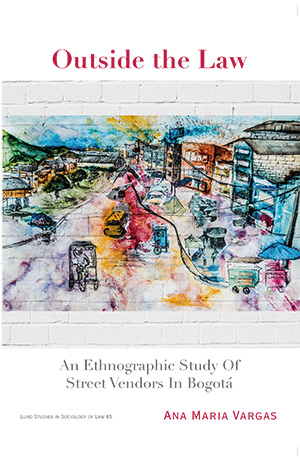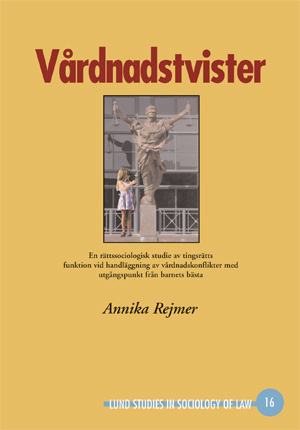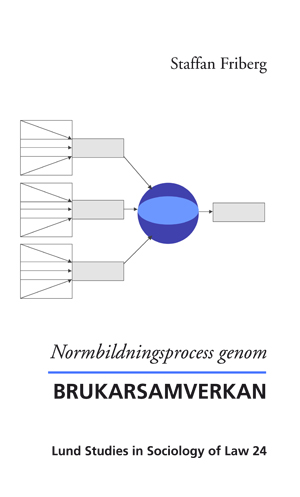Beskrivning
Ana Maria Vargas is a researcher of sociology of law. Her doctoral studies were conducted within the International PhD Program Renato Treves in Law and Society, and her research training took place at Lund University in Sweden and the University of Milan in Italy. During her extensive field studies, she based herself on the streets of Bogota, Colombia, where she observed and interacted with the street vendors on a daily basis.
Around the world, governments pursue different strategies in order to remove unlicensed street vendors from the streets. Their approaches are often based on repressive law and police enforcement. Street vendors, on the other hand, forced by the harsh circumstances of unemployment, poverty and even starvation, resist and claim their right to work and to earn a living.
Formalization (steps toward legalization) has been presented as an alternative to strategies that are based on repression and enforcement, and represent various policy reforms that are aimed at converting previously non-compliant street businesses into lawful businesses. This is mainly achieved by providing street vendors with permits that allow them to practice their trade in certain geographical areas. However, little is known about how the street vendors themselves experience these formalization strategies, and important questions arise. How is formalization achieved? Does formalization improve the well-being of street vendors? Who actually benefi ts from formalization? In this study, Ana Maria Vargas uses social control informed ethnography in order to answer these, and other questions.
Without a deep understanding of how social control operates in the daily lives of these street vendors, legal reforms run the risk of implementing formalization initiatives that undermine the wellbeing of the most vulnerable groups in the streets.



